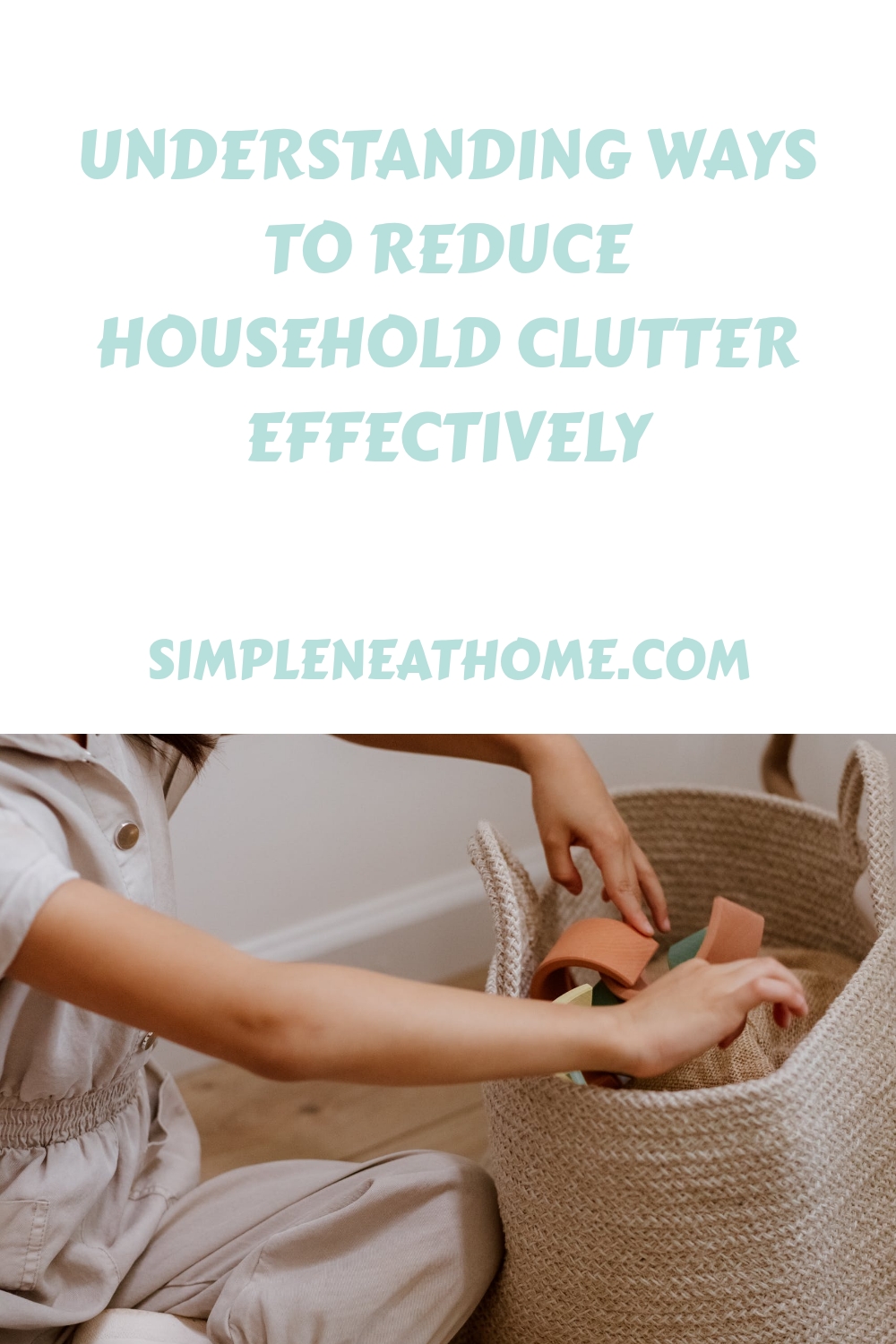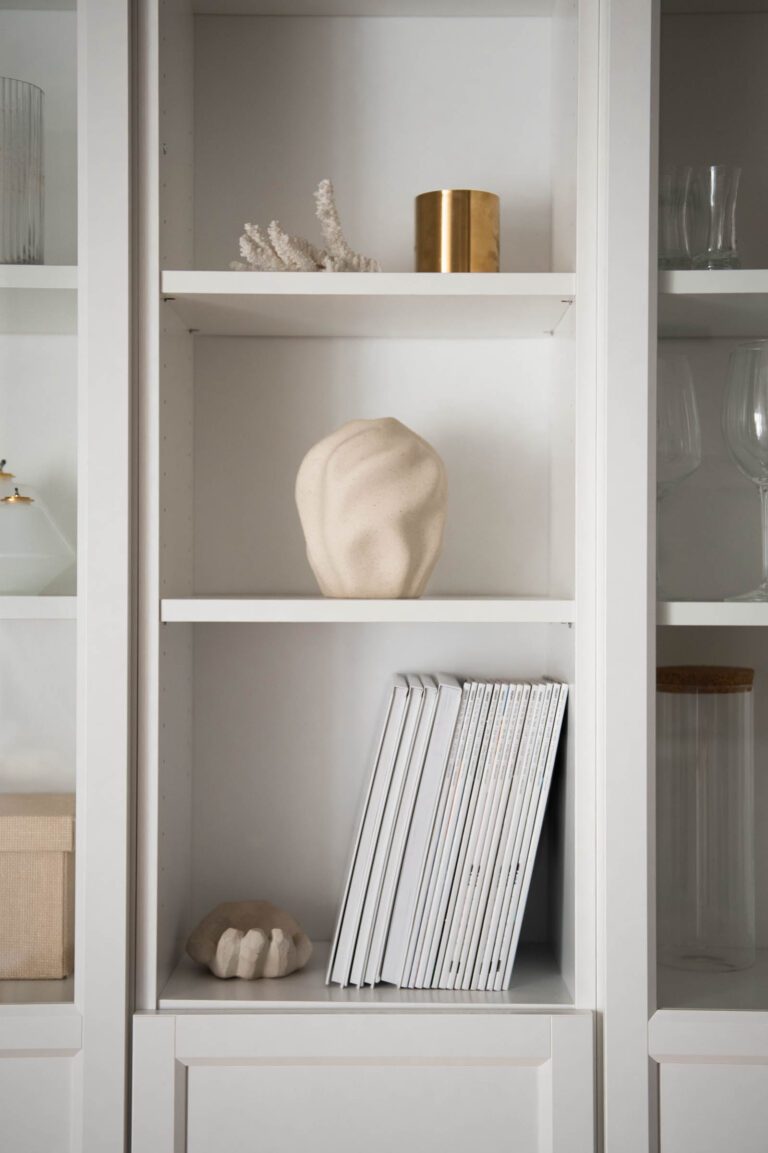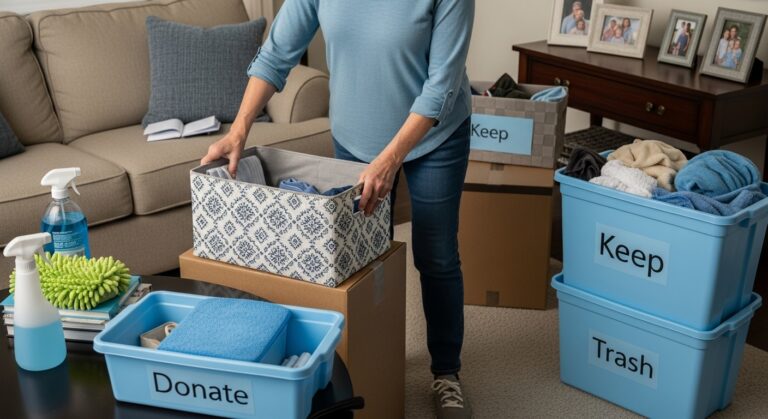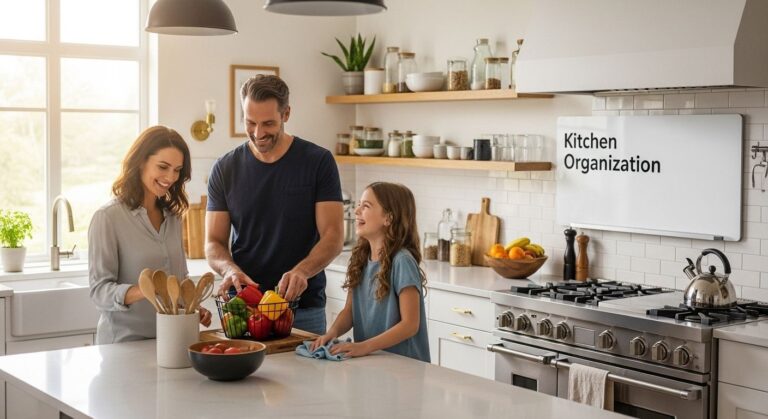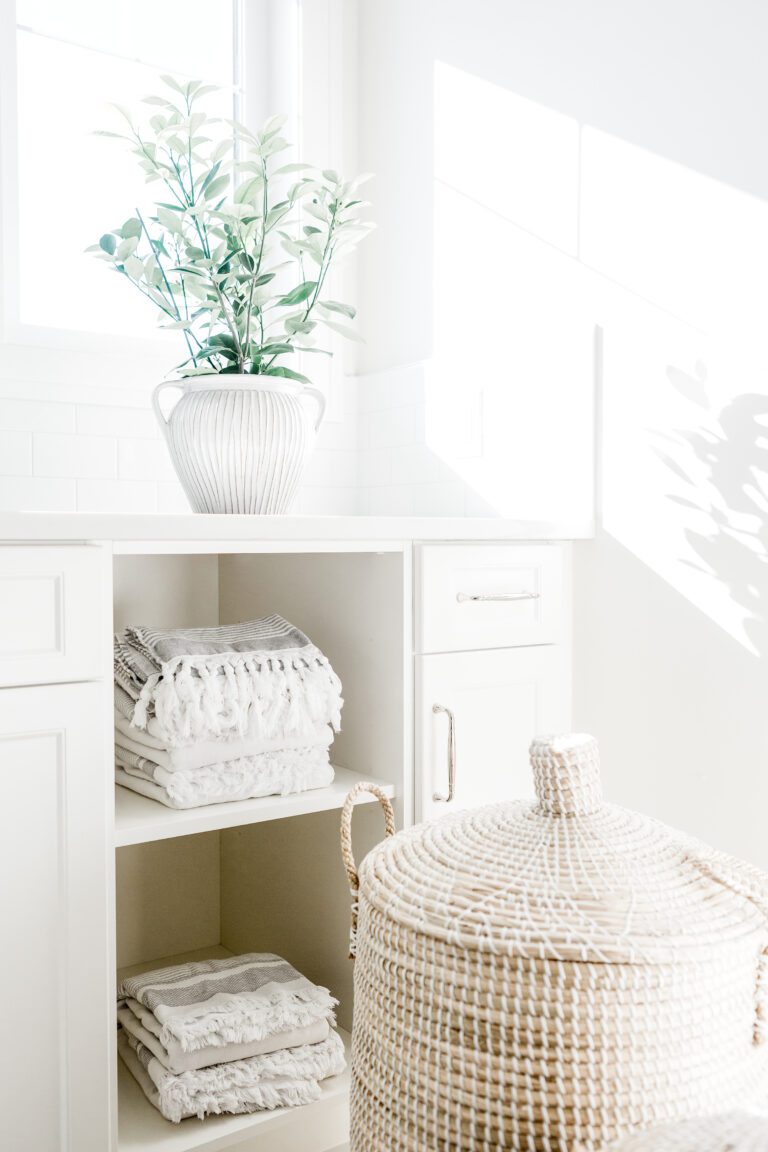Understanding Ways to Reduce Household Clutter Effectively
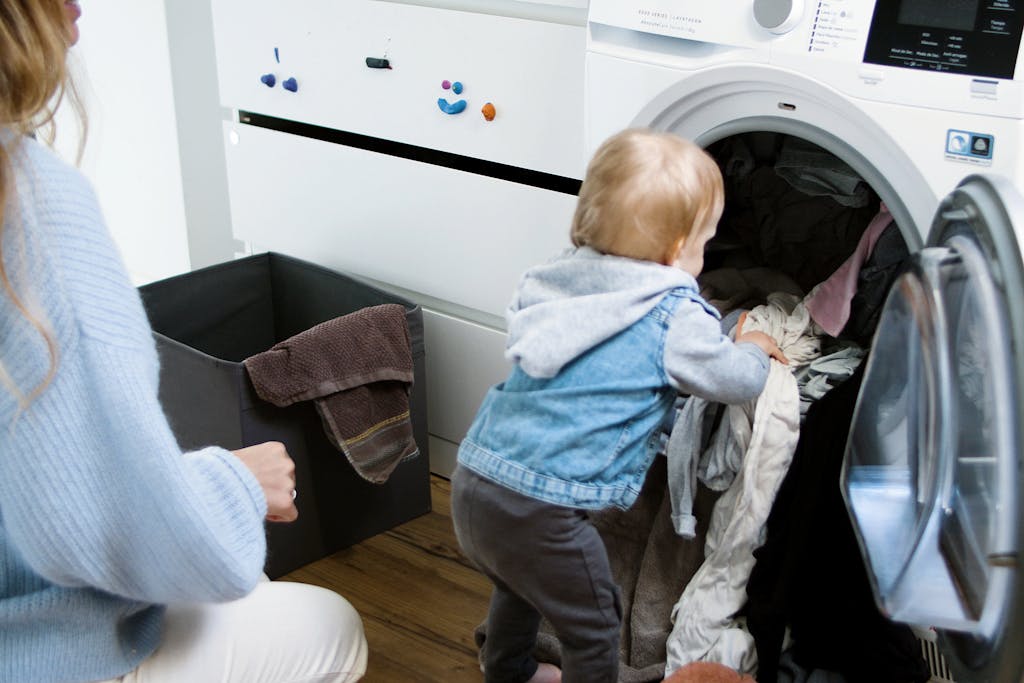
Everyone talks about how messy homes lead to chaos, but the impact goes much deeper than tangled wires or crowded closets. Researchers found that clutter spikes stress levels and actually decreases your ability to process information efficiently. It is not just piles of stuff dragging you down, it is a psychological trap that seeps into your mood and focus. The real surprise is how even minor changes in your surroundings could dramatically lift your mental clarity and energy.
Quick Summary
| Takeaway | Explanation |
|---|---|
| Clutter increases mental stress. | Clutter overwhelms individuals, heightening anxiety and reducing emotional stability. |
| Organize by sorting and evaluating items. | Mindfully assess possessions to determine their utility and emotional value before organizing. |
| Develop sustainable organizational systems. | Create intentional storage solutions and daily routines to prevent future clutter accumulation. |
| Practice minimalism for well-being. | Embrace intentional living by reducing possessions to enhance focus and personal growth. |
| Use a one-in-one-out rule. | Adopt this strategy to maintain balance by ensuring new acquisitions do not increase overall clutter. |
What is Household Clutter and Its Impacts?
Household clutter represents the excessive accumulation of items within living spaces that disrupt organization, functionality, and overall home harmony. Far more than just a visual nuisance, clutter can significantly impact mental well-being and daily productivity.
Understanding Clutter’s Psychological Dimensions
Clutter is not simply about having too many things. According to research from the International Journal of Environmental Research and Public Health, it represents a complex psychological phenomenon that directly influences stress levels and emotional health. When spaces become overwhelmed with unnecessary items, individuals experience heightened anxiety and decreased sense of control.
Key psychological impacts of household clutter include:
- Increased mental stress and cognitive overload
- Reduced ability to focus and process information efficiently
- Elevated feelings of being overwhelmed and mentally fatigued
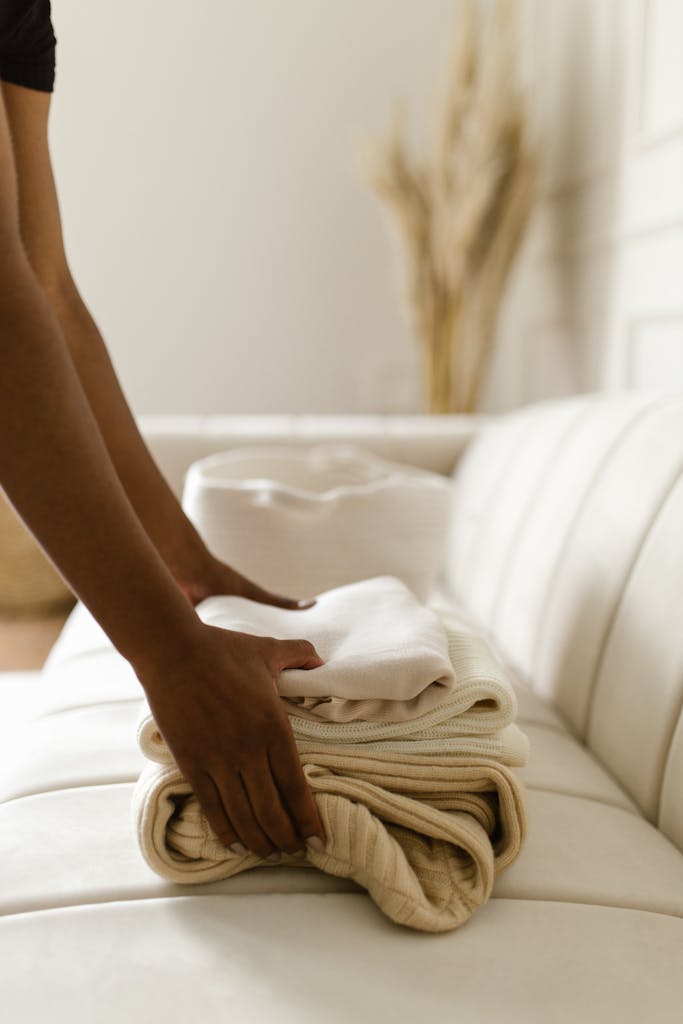
Physical and Practical Consequences of Disorganization
Beyond psychological effects, household clutter creates tangible challenges in daily living. Cluttered spaces consume valuable time as individuals struggle to locate items, navigate through crowded rooms, and maintain cleanliness. The physical manifestation of clutter can obstruct movement, create safety hazards, and diminish the functional potential of living areas.
The following table summarizes the key psychological and practical impacts of household clutter to highlight the multi-dimensional challenges it presents.
| Impact Type | Description |
|---|---|
| Mental Stress | Clutter increases anxiety and emotional instability, making it harder to relax or focus. |
| Cognitive Overload | Excess items in a space reduce the ability to process information efficiently. |
| Feelings of Fatigue | Cluttered environments create a sense of being overwhelmed and mentally drained. |
| Lost Time | Searching for items and navigating disorganized rooms wastes valuable time daily. |
| Safety Hazards | Disorganization can obstruct movement and create physical dangers within the home. |
| Reduced Functionality | Clutter diminishes the practical use of living areas, limiting their intended purpose. |
Individuals looking to understand their relationship with clutter might want to read more about preventing household clutter, which offers practical insights into maintaining organized living spaces.
Recognizing clutter as a multifaceted issue involves understanding its root causes. Often, clutter accumulates through emotional attachment to items, impulsive purchasing habits, inadequate storage solutions, and difficulty making decisive choices about personal possessions. By comprehending these underlying dynamics, individuals can develop more effective strategies for managing their living environments and reducing unnecessary stress.
Why Reducing Clutter Matters for Well-being
Reducing household clutter is not merely an organizational task but a critical strategy for enhancing personal well-being and mental health. The connection between physical environment and psychological state runs deeper than most people realize, with significant implications for daily functioning and emotional balance.
Mental Health and Psychological Restoration
According to research published in Current Opinion in Psychology, physical clutter is directly associated with increased stress levels and compromised psychological recovery. When living spaces become overwhelmed with unnecessary items, individuals experience heightened cognitive load and reduced capacity for relaxation.
Key psychological benefits of reducing clutter include:

- Decreased anxiety and stress levels
- Enhanced ability to focus and concentrate
- Improved overall sense of personal control and emotional stability
The Relationship Between Physical Space and Mental Clarity
Physical environments act as powerful psychological triggers. Cluttered spaces create continuous visual distractions that fragment attention and drain mental energy. By systematically reducing unnecessary possessions, individuals create breathing room not just in their physical environment but also in their mental landscape.
Individuals seeking structured guidance might want to explore gradual decluttering strategies to make the process less overwhelming and more sustainable.
Moreover, reducing clutter represents an act of self-care. It demonstrates a commitment to creating intentional living spaces that support personal growth, productivity, and emotional well-being. By consciously managing possessions and maintaining organized environments, individuals can significantly improve their quality of life, reduce stress, and create spaces that genuinely nurture their mental and emotional health.
This table compares the core principles of minimalism with practical decluttering strategies, outlining how both approaches offer specific benefits for reducing household clutter.
| Approach | Core Principle | Practical Focus | Psychological Benefit |
|---|---|---|---|
| Minimalism | Intentional living and conscious consumption | Prioritize quality over quantity | Promotes calm and well-being |
| Decluttering Strategies | Mindful assessment and systematic sorting of possessions | Create categories: keep, donate, discard | Reduces stress and overwhelm |
| Minimalism | Retain only items serving clear purposes | Eliminate unnecessary possessions | Increases sense of control |
| Decluttering Strategies | Establish sustainable organizational systems | Design intentional storage and routines | Enhances emotional stability |
How Clutter Accumulates: Psychological and Environmental Factors
Clutter does not materialize overnight but develops through complex interactions between psychological tendencies and environmental conditions. Understanding these underlying mechanisms provides crucial insights into breaking the cycle of accumulation and maintaining organized living spaces.
Psychological Triggers of Clutter Accumulation
According to research from the International Journal of Environmental Research and Public Health, clutter accumulation stems from intricate psychological processes. Emotional attachment, procrastination, and decision paralysis play significant roles in preventing individuals from managing their possessions effectively.
Key psychological factors contributing to clutter include:
- Emotional sentimentality toward objects
- Fear of discarding potentially useful items
- Difficulty making decisive choices about possessions
- Unconscious avoidance of organizational tasks
Environmental and Structural Influences
Beyond individual psychology, physical environment plays a substantial role in clutter development. Inadequate storage solutions, poorly designed living spaces, and inefficient organizational systems create natural breeding grounds for accumulation. When spaces lack clear designated areas for items, individuals default to random placement, gradually transforming functional areas into chaotic storage zones.
Individuals struggling with persistent clutter might discover motivation strategies for decluttering, which can help break persistent accumulation patterns.
Recognizing these multifaceted dynamics is crucial. Clutter represents more than mere physical disorganization it reflects complex interactions between personal psychology, living environments, and behavioral patterns. By understanding these intricate mechanisms, individuals can develop more targeted approaches to preventing and managing household clutter, transforming their living spaces into intentional, harmonious environments.
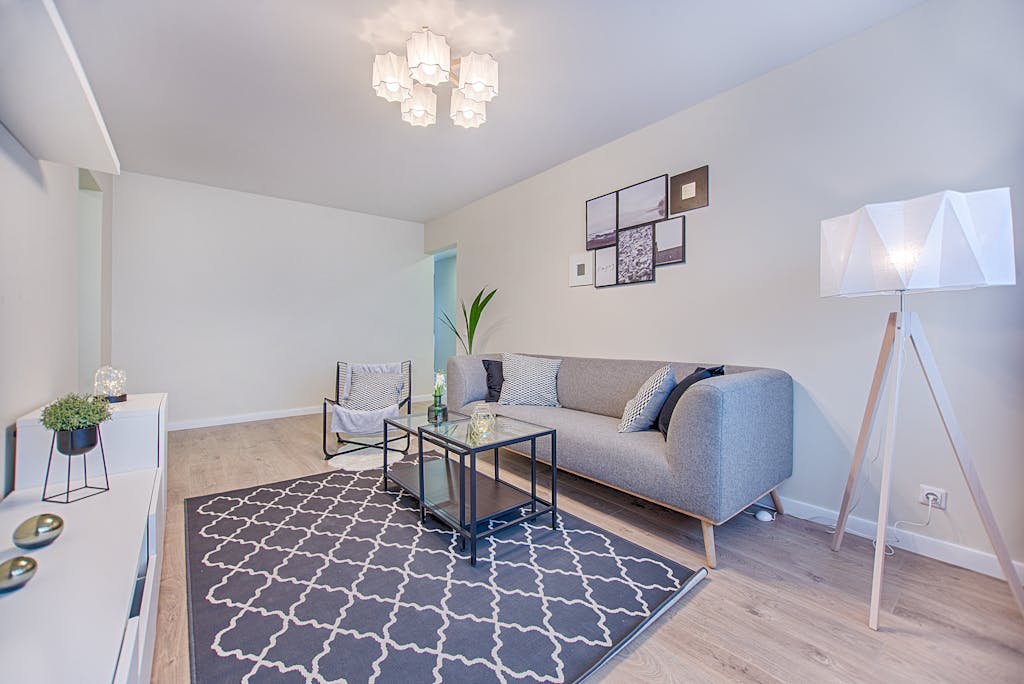
The Concept of Minimalism and Simplified Living
Minimalism represents more than a design aesthetic it is a deliberate lifestyle philosophy centered on intentional living and conscious consumption. By strategically reducing material possessions, individuals create space for meaningful experiences, personal growth, and enhanced psychological well-being.
Philosophical Foundations of Minimalism
According to research in Frontiers in Psychology, minimalism transcends mere decluttering. It is a holistic approach to life that prioritizes quality over quantity, focusing on understanding the intrinsic value of possessions and their genuine contribution to personal happiness.
Core principles of minimalist living include:
- Intentional consumption
- Prioritizing experiences over material goods
- Maintaining only items that serve a clear purpose
- Reducing unnecessary emotional and physical attachments
Practical Applications of Simplified Living
Minimalism is not about living with nothing but about creating environments that support personal well-being and productivity. This approach involves carefully curating possessions, eliminating redundant items, and designing living spaces that promote clarity and tranquility.
For those interested in exploring minimalist strategies, our guide on living archives offers additional insights into creating more intentional lifestyles.
Ultimately, minimalism empowers individuals to break free from consumerist cycles, reduce stress, and cultivate environments that genuinely reflect personal values. By challenging traditional notions of ownership and success, minimalist living offers a powerful alternative to the constant accumulation of material possessions, promoting mental clarity, financial freedom, and a more purposeful existence.
Practical Approaches to Embrace a Clutter-free Space
Embracing a clutter-free environment requires strategic planning, consistent effort, and a systematic approach to managing personal belongings. By implementing targeted strategies, individuals can transform chaotic spaces into organized, functional living areas that promote mental clarity and reduce stress.
Strategic Sorting and Evaluation
According to Mississippi State University Extension Service, effective decluttering begins with mindful assessment and categorization of possessions. This process involves critically examining each item’s utility, emotional significance, and current relevance to one’s lifestyle.
Key strategies for systematic sorting include:
- Creating distinct categories for keeping, donating, and discarding
- Establishing clear criteria for item retention
- Evaluating frequency of use and genuine necessity
- Implementing a one-in-one-out rule for new acquisitions
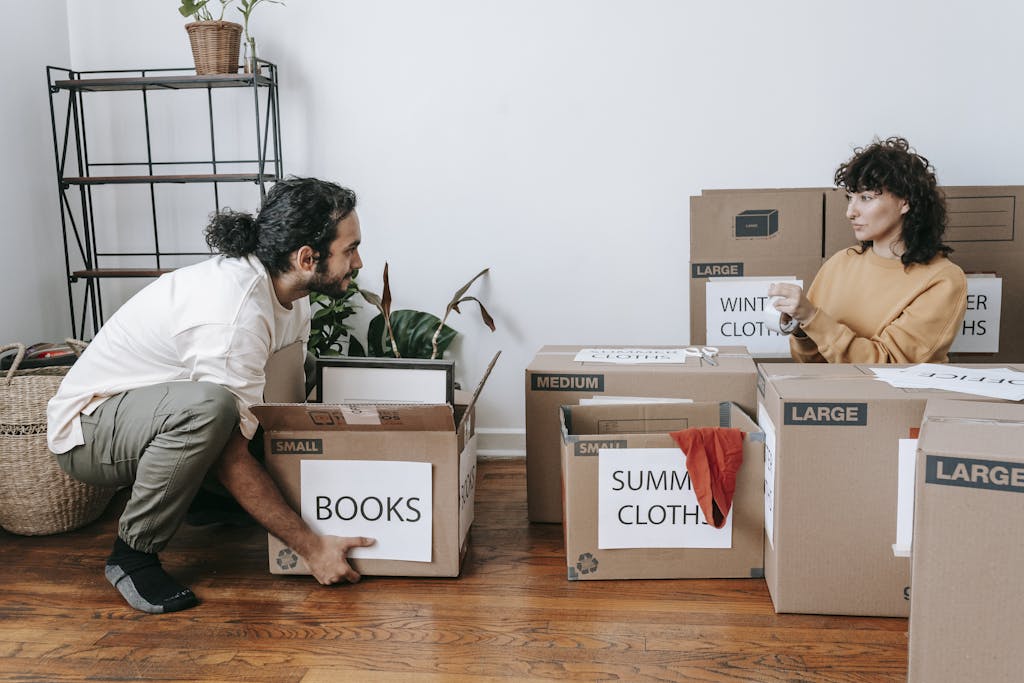
Creating Sustainable Organizational Systems
Successful decluttering extends beyond initial sorting it requires developing sustainable systems that prevent future accumulation. This involves designing intentional storage solutions, establishing daily maintenance routines, and cultivating mindful consumption habits.
For individuals struggling with time constraints, our guide offers strategies for decluttering when time is limited, providing practical approaches for busy households.
Ultimately, creating a clutter-free space is an ongoing process of intentional living. By approaching organization as a continuous practice rather than a one-time event, individuals can develop lasting habits that maintain clean, functional living environments. The goal is not perfection but progress continuous refinement of personal spaces that support well-being, productivity, and peace of mind.

Reclaim Your Space with Proven Decluttering Solutions
Are you feeling overwhelmed by clutter that drains your energy and disrupts your peace at home? Many people struggle to keep up with excess possessions, emotional attachments, and the never-ending cycle of disorganization described in the article. If your goal is to finally achieve a clutter-free home and enjoy better mental clarity, you are not alone. Our dedicated Decluttering Archives at Simple Neat Home are packed with practical guides and real-life strategies to tackle clutter from every angle.
Imagine walking into a home that feels open, easy to manage, and calming each day. Do not wait to experience these benefits. Start exploring effective methods to reduce household clutter now. Take your first step toward a calmer, more organized life today.

Frequently Asked Questions
What are effective strategies for sorting and reducing household clutter?
Effective strategies include assessing each item’s utility, emotional significance, and current relevance to your lifestyle. Create distinct categories for keeping, donating, and discarding, and implement a one-in-one-out rule for new acquisitions.
How can I create sustainable organizational systems to prevent clutter in the future?
Design intentional storage solutions, establish daily maintenance routines, and cultivate mindful consumption habits. Regularly review your belongings to ensure that your organizational systems remain effective.
What psychological impacts does household clutter have on individuals?
Household clutter can increase stress levels, reduce focus, and heighten feelings of being overwhelmed. It can contribute to cognitive overload and diminish emotional stability, affecting overall well-being.
What is the relationship between minimalism and reducing household clutter?
Minimalism emphasizes intentional living and conscious consumption, which naturally leads to reduced clutter. By prioritizing quality over quantity, individuals can create environments that support well-being and reduce stress.
Recommended
- How to Get Motivated to Declutter
- 9 Easy Ways to Prevent Clutter at Home
- 10 Expert Tips
- How to Declutter When You Don’t Have Time
